How does an NGO work when there is no immediate deployment? How do we work beyond the headlines – months after an earthquake, years after the start of a conflict?
To mark World Humanitarian Day, we would like to take you on a "day at TSF".
In this journey through countries and humanitarian missions, we want to show how different people, with different skills and different missions, all work towards the goal of meeting the humanitarian communications needs of people affected by crises, and of the organizations that come to their aid.
9:00 am, Singapore – Regional Training session on emergency telecoms
The 15 participants arrived yesterday from several countries of SouthEast Asia. All of them are part of their national disaster response mechanism. As part of the regional capacity sharing project supported by ISOC Foundation, TSF staff members will share experiences and build a regional humanitarian network of telecom responders.
“I really appreciated the training on the new equipment where I really learned how to use them.” Micheal, a participant in the training, said.
At 2:00 pm the theoretical section of the training is done – it’s time for simulation exercises. In Ukraine, the day is starting : it’s 9:00 am.
9:00 am, Vinnitsya, Ukraine - Connectivity for displaced people
TSF’s IT manager in Ukraine Ihor starts his working day. He has to study the access to connectivity for several shelters identified in different towns in Ukraine and look for local companies that could help on the wiring part.
He receives a call – the power has been cut in one of the shelters where TSF provides connectivity after an attack. Ihor drops a message to the IT Team in HQ and starts a remote diagnosis of the network.
“I’m technical, so I don’t see problems; only solutions to find.” Ihor tells us.
At 11:00 am in Ukraine, it’s 10:00 am in France and TSF’s HQ IT team has joined Ihor on the remote diagnosis of the network.
10:00 am Pau, France - TSF HQ - Responding to connectivity issues
At HQ, Florent from the IT Team has received the message from Ihor. Based on his observations and contacts with the shelter manager, they are able to restore the connectivity on several access points. They decide together to launch a visit to the center the next day. Ihor will use the next hours to prepare the needed equipment and tools.
At the same time, Sébastien, programme manager at HQ, contacts TSF’s team in Poland.
At 11:00 am in France, it's the same time in Poland!
11:00 am, Wroclaw, Poland - Diffusion of essential information for refugees from Ukraine
Hanna is TSF’s coordinator in Poland. A Ukrainian refugee comes to her in a shelter in Rzeszów – she’s new in the city and is looking for information on administrative procedures. Hanna helps her find the resources: all of the specific information is diffused on the screens, reliable and adapted to the location.
“Sometimes you might not have access to the internet. For these people, knowing that they can come to the screens and find relevant information on who to contact if they need to, it’s reassuring. Our information gives references – phone numbers, addresses – they can refer to after they have seen the slides.”
Then Hanna starts a meeting with the center's manager and other partners about the process of updating the information displayed.
The meeting ends around 12:00 pm in Poland. It’s already 2:00 pm in Madagascar.
2:00 pm, Miarinarivo, Madagascar - Initiation to computers for teenagers
Irinah is the director of the IT Cup Center in Miarinarivo. The center was opened by TSF in 2012. It focuses on digital inclusion and organizes many activities around digital tools, particularly with young people. Today, a group of high school students came for an activity at the center.
“Who has already used a computer?” Irinah asks.
A few hands go up… In Madagascar, even by the age of 15, not all teenagers have used a computer.
Irinah and Zacharie work every day to pass on digital know-how and responsible Internet use to young Madagascans.
The training session ends at 5:00 pm, as 3:00 pm strikes in France, at HQ.
3:00 pm, France, HQ - Remote management of information screens in Latin America
This afternoon, Sébastien from the IT team (yes, we have two Sébastien, sharing one office) is monitoring remote-controlled screens that display information across Latin America. He is making sure they’re connected and active, so that the people in the 93 shelters in Mexico, Guatemala and Colombia access reliable information about their rights, legal procedures, and so on.
As the clock strikes 4pm in France, it's 8am in Mexico.
4:00 pm, France – 8:00 am, Mexico – External relations with shelter managers and designing essential information
Stefany, who manages relations with shelter managers, checks any technical problems with Sébastien. At the same time, Gabriela talks to the head office communications team about various designs to share essential information.
“I design the information we project, so I’m constantly looking for information that would be important for [people in the shelters]. I have to think like if I was in that position – what would be the most important information? This information has to be in the most understandable, attractive form so people can easily understand.”
Gabriela, CWC (Communicating With Communities) Officer in Mexico
At 5:00 pm in France, it’s also 5:00 pm in Poland and 9:00 am in Guadalajara, Mexico.
5:00 pm, Poland - Meeting with partners on Information Diffusion
Even though the Information Diffusion project in Poland uses the same technological solution as the Latin American one, the crises they answer are completely different. The two projects’ teams have often discussed, especially in the beginning, about the best way to reach those who need essential information and managing partnerships.
Hanna is meeting the Protection team in UNHCR Field and National offices to discuss potential information distribution during their mobile outreach and in new refugee centers.
As Hanna finishes her meeting with UNHCR around 6:00 pm in Poland, it’s 10:00 am in Mexico, and the team is leaving their office in Guadalajara to visit a migrant shelter. In France, the team is coordinating projects.
6:00 pm, France – Technical discussions on equipment to support relief efforts after the Turkey-Syria earthquake
Marta, ICT engineer, is following up with TSF’s action in Turkey and Syria, deeply affected by the February earthquake and the humanitarian crisis going on in Syria for years. Several partners directly in the field have access to connectivity thanks to telecommunications equipment.
Marta is discussing logistics with the Union of Medical Care and Relief Organizations in Syria about equipment to support medical clinics, centers and an orphanage.
After a few hours, the team in Mexico ends their visit at the end of their day, at 6:00 pm. On the other side of the globe, a new day of training and capacity sharing is about to begin for the team in Singapore.
On World Humanitarian Day, we thank our teams and all those in the humanitarian sector who work hard every day to help others. At TSF, everyone contributes in different ways to a common goal: providing Communications for Life.

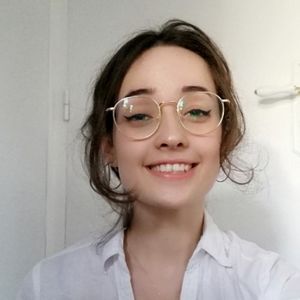
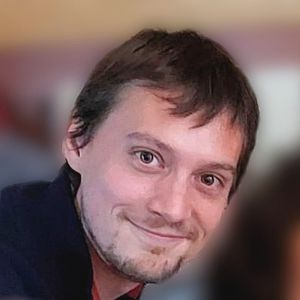
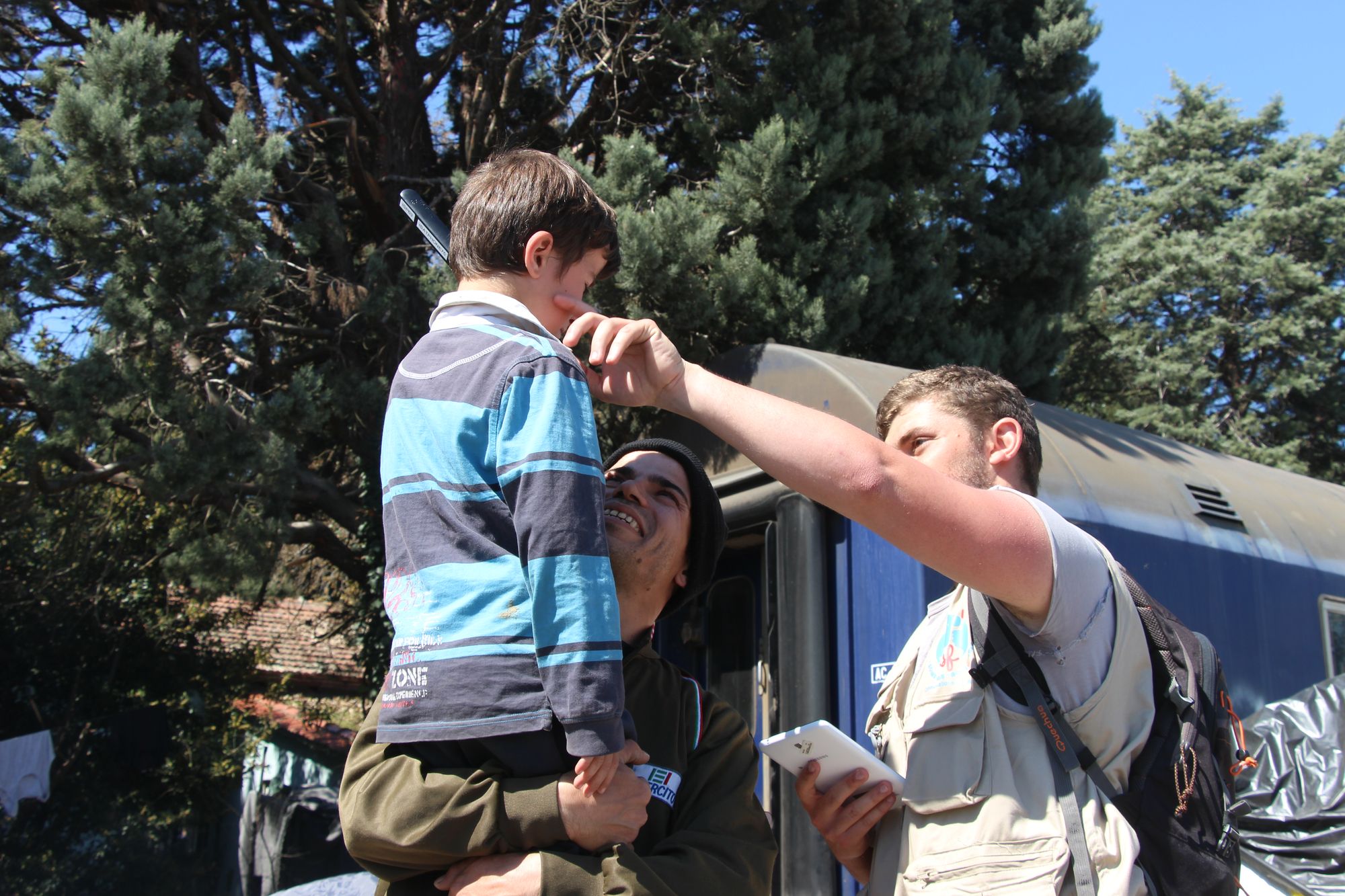




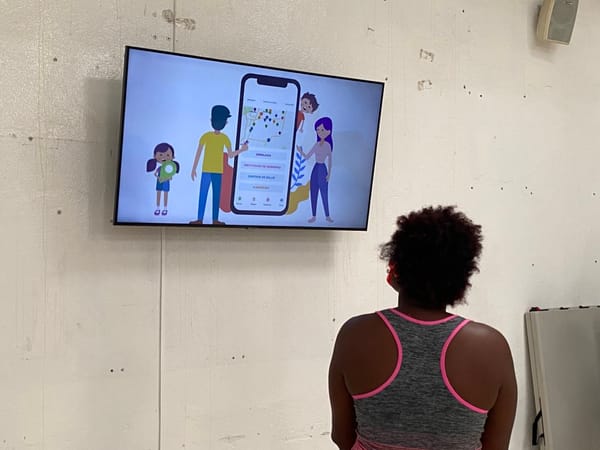

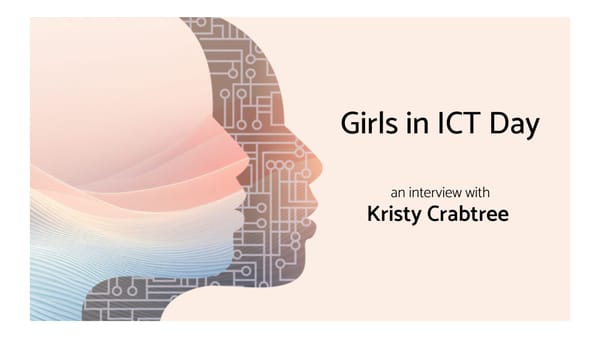
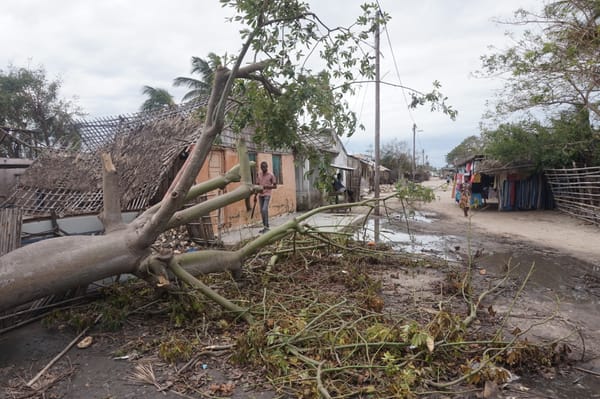
Member discussion